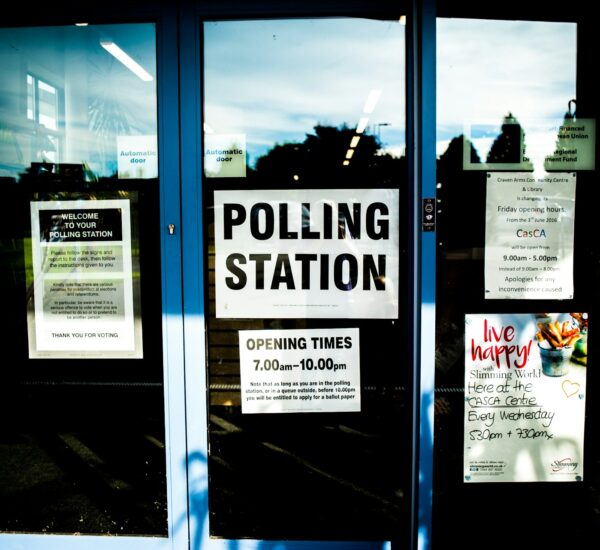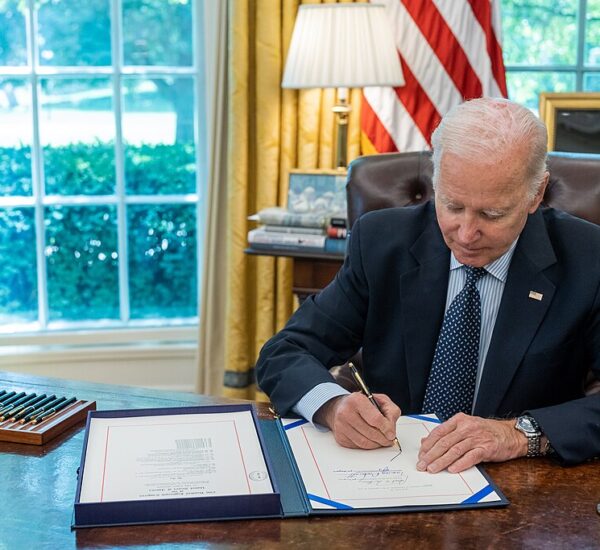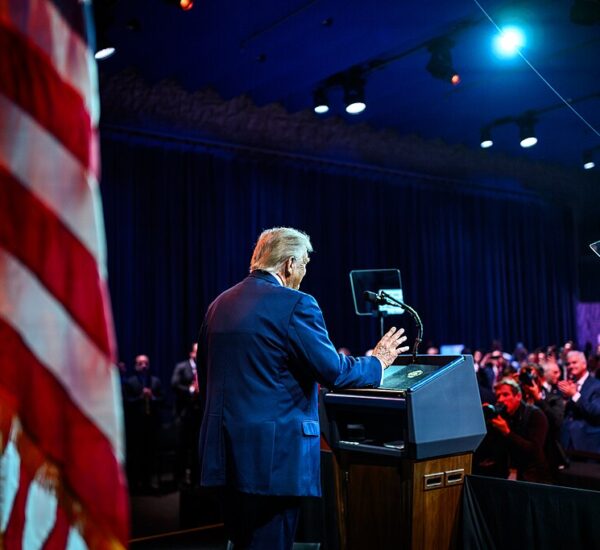Did Trump make a mistake by nominating this key Justice?
Amy Coney Barrett, a conservative justice appointed by President Donald Trump to the U.S. Supreme Court, has consistently diverged from the president’s interests in several key rulings. Despite her nomination by Trump and the establishment of a 6-3 conservative majority on the Court, Barrett has sided against him in multiple high-profile cases that have had significant impacts on the nation.
On March 5, 2025, Barrett joined the liberal justices in ruling against the Trump administration’s efforts to cancel nearly $2 billion in USAID contracts. This decision marked a significant loss for the administration, with Barrett providing the pivotal vote that sided with the opposition.
Another case where Barrett broke ranks with Trump was related to the so-called “hush money” payments. Trump faced legal challenges over payments made to adult film star Stormy Daniels during his presidential campaign. In January 2024, the Supreme Court allowed his sentencing to move forward, with Barrett and Chief Justice Roberts siding with the liberal justices. This decision made Trump the first former president to be convicted of a crime.
Barrett also dissented in the Fischer v. United States case in 2024, which narrowed the application of the federal obstruction statute in prosecutions related to the January 6th Capitol riot. Barrett accused the majority of engaging in “textual backflips” to limit the statute’s reach. Her opinion emphasized that the court’s ruling did not align with the original text and intent of the law.
In another significant ruling in March 2024, Barrett refused to join the conservative majority in declaring that Trump could be excluded from the 2024 ballot due to claims that he had incited an “insurrection.” Barrett argued that the court should not delve into the political implications of the case and urged restraint.
In addition, Barrett disagreed with the majority in a landmark ruling on presidential immunity in July 2024, where Trump had challenged his indictment over his alleged efforts to overturn the 2020 election. Barrett’s dissent clarified that a president facing prosecution should be allowed to challenge criminal charges relating to his official duties.
These cases reflect a pattern of Barrett’s willingness to make independent rulings, even if it means opposing her former benefactor. This has led some Republican figures to criticize her for not fully aligning with the conservative agenda, with former Trump adviser Steve Bannon calling her actions “a disgrace.”
As numerous challenges to Trump’s executive orders continue to surface in the courts, Barrett’s role on the Supreme Court remains crucial. Her decisions will likely continue to shape the direction of key legal battles affecting the future of conservative politics in America.







She’s a major disappointment and should be removed.